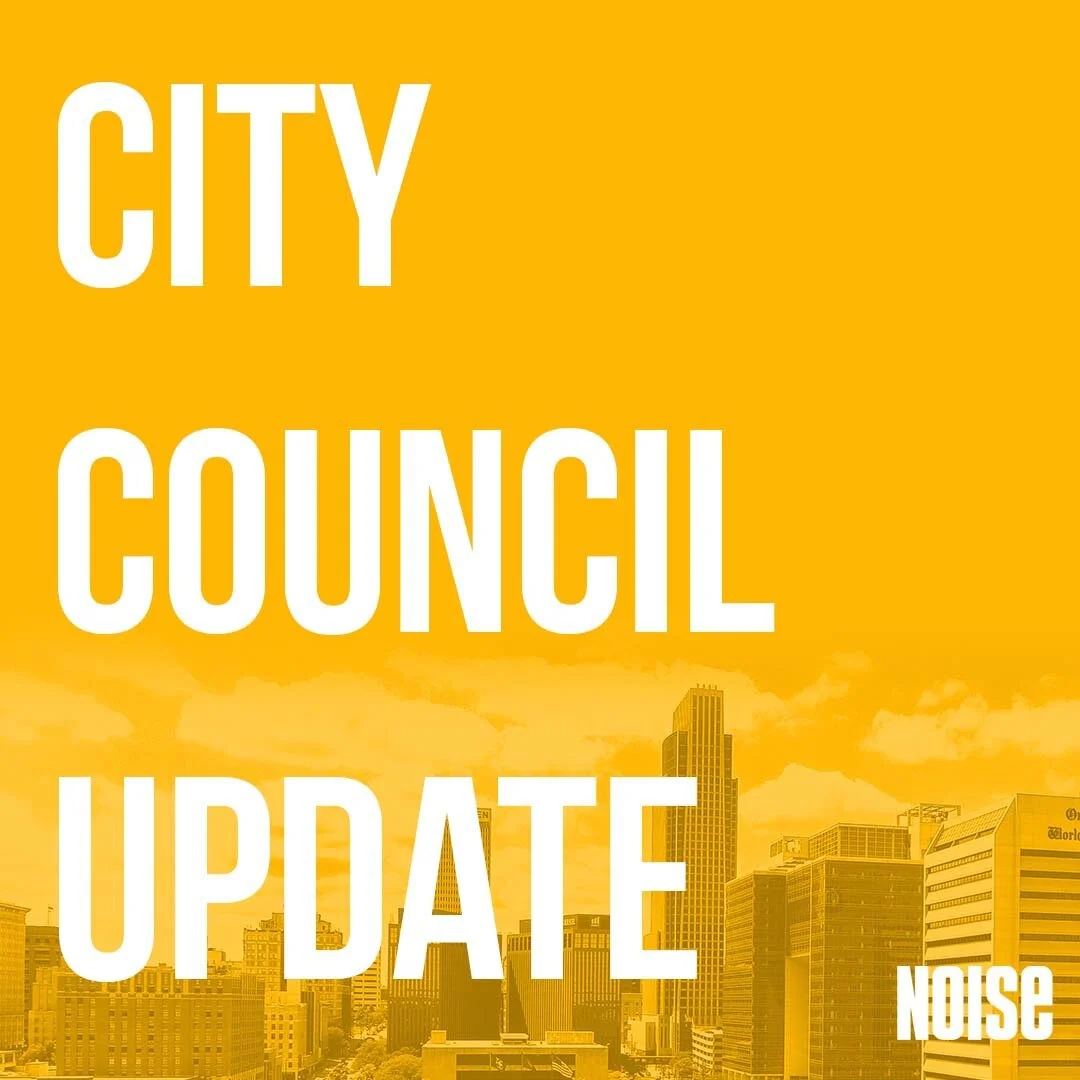Five Signs You Might Be Experiencing Depression
Image credit: Lyndsay Dunn NOISE
By Payton Hogan
PAYTON HOGAN, M.S., IS A LICENSED MENTAL HEALTH THERAPIST AND CONSULTANT RAISED IN NORTH OMAHA.
Recently, I was talking with a friend who mentioned they had been feeling like they were in a “mental rut” for a little over three months. They stopped going to the gym to work out, hadn’t been hanging out with friends on the weekends, felt like they just couldn’t get enough sleep at night, and were constantly binge eating carry-out food from Pizza Hut and McDonalds even though they’d feel guilty afterwards. They were also noticing that the slightest things were quick to piss them off.
As soon as I heard this I had a hunch. I said, “ You might be experiencing depression.”
My friend immediately denied it. “Nah there’s no way I’m depressed. It’s not like I’m walking around crying and hating everything about everything.”
But, depression isn’t necessarily that.
I broke out the “purple Bible” that every mental health professional owns, the Diagnostic and Statistical Manual of Mental Disorders, Fifth Edition or DSM-5 for short. This book lists and classifies every mental health diagnosis. There is no diagnosis known simply as “depression.” What most people know as depression is classified as Major Depressive Disorder.
According to the DSM-5, Major Depressive Disorder might be present when at least five of the following are present for two plus weeks:
The first four are signs that people don’t often associate with being depressed or experiencing a depressive disorder.
First things first, feeling depressed and suffering from depression are two separate things.
The determining factor is the amount of time the emotional state lasts, paired with the other noted criteria. If you are going through a short “rut” or “funk,” allowing yourself to be okay with your emotions and processing them is healthy. However, if the emotional state is persisting, it may be time to seek professional assistance. Scheduling an appointment to obtain an accurate diagnosis is your first step. Many people think, “Since I’m feeling depressed, I just struggle with depression.” But, the DSM-5 has about nine different depressive disorders that symptomatically look different and are treated and cared for differently.
Do not be the person to google and self-diagnose yourself. Clinicians and licensed therapists have trained thousands of hours to understand the process of diagnosing and treating mental health disorders. Utilize them.
Second, lifestyle changes can help to alleviate symptoms of depression gradually. Being more intentional with diets, sleeping schedules, daily routines, and exercise can help dramatically. Essentially, anything that can help to produce the pleasure hormone dopamine in the body is an added bonus to the depressed mind which lacks this hormone.
Third, if you’ve tried the lifestyle changes, found out that after going to the gym for a month you still feel like blah, reading self-help books doesn’t stop your mind from thinking negatively, and changing your diet only makes you crave unhealthy food even more, it may be time to talk with a psychiatrist about medications. It should be noted that medications are not a cure for depression, rather they help to stabilize the symptoms enough for an individual to practice healthier coping skills.
Payton Hogan
Not all antidepressants work the same for everyone which is why it is key that you work with a psychiatrist who can help you to monitor/regulate dosage and effectiveness. Some common medications that help to regulate (not treat) depressive symptoms are Prozac, Cymbalta, and Zoloft. Again, these medications do not cure depression, but help to give you more motivation to set routines, eat healthier, and enjoy the self-help book just a little more than before.
Depression is more common than you think. Don’t be afraid to seek help if you think you might be struggling.







